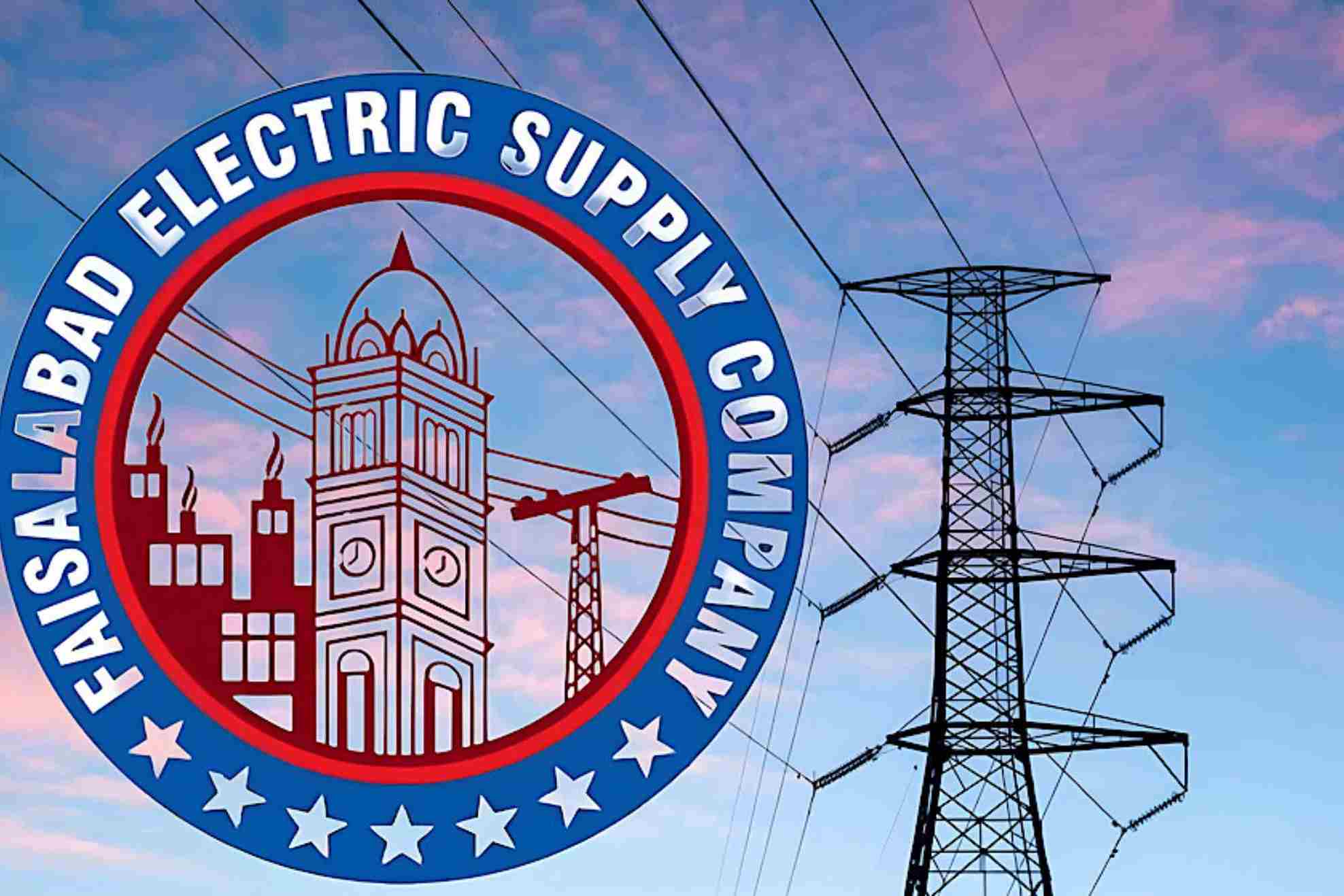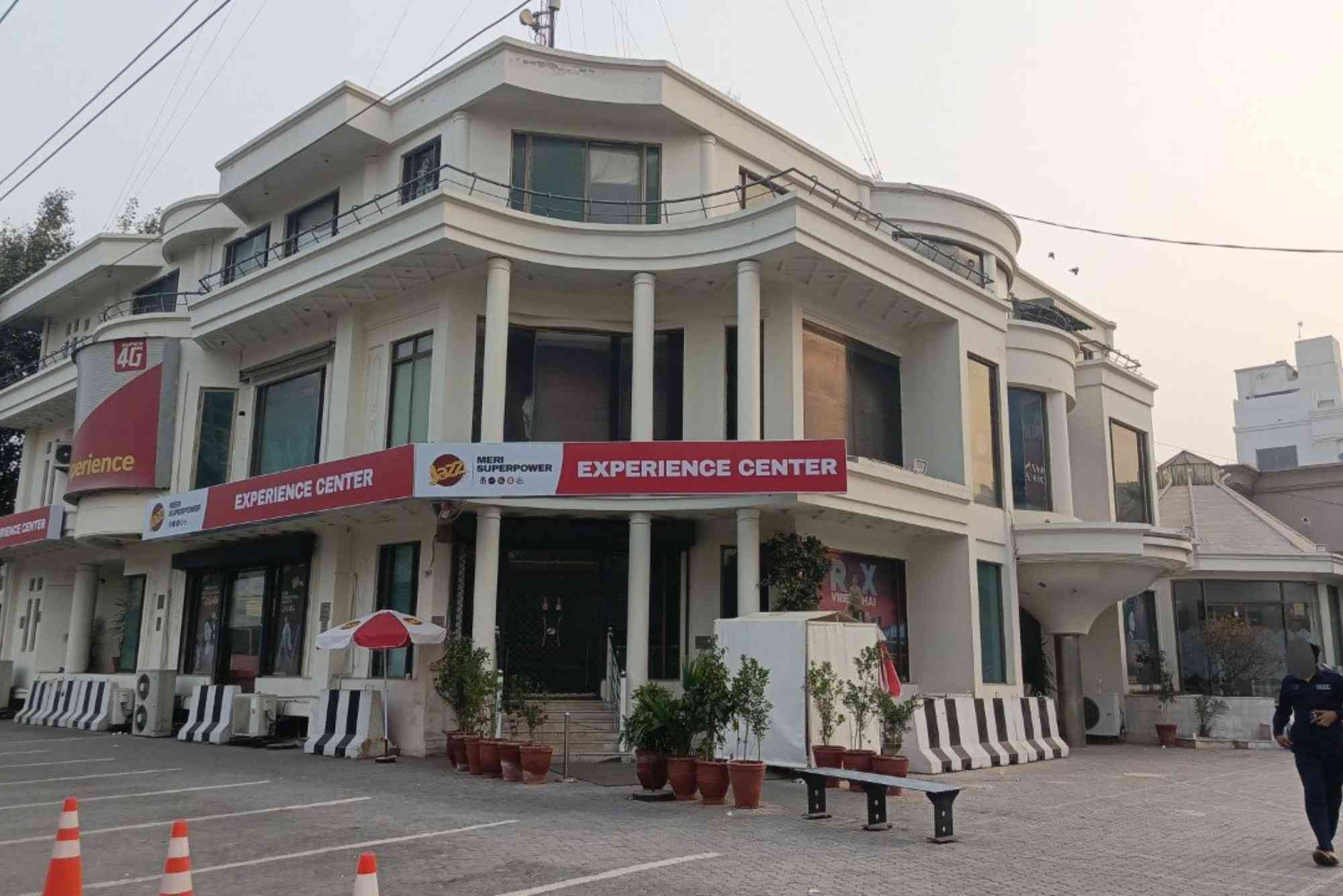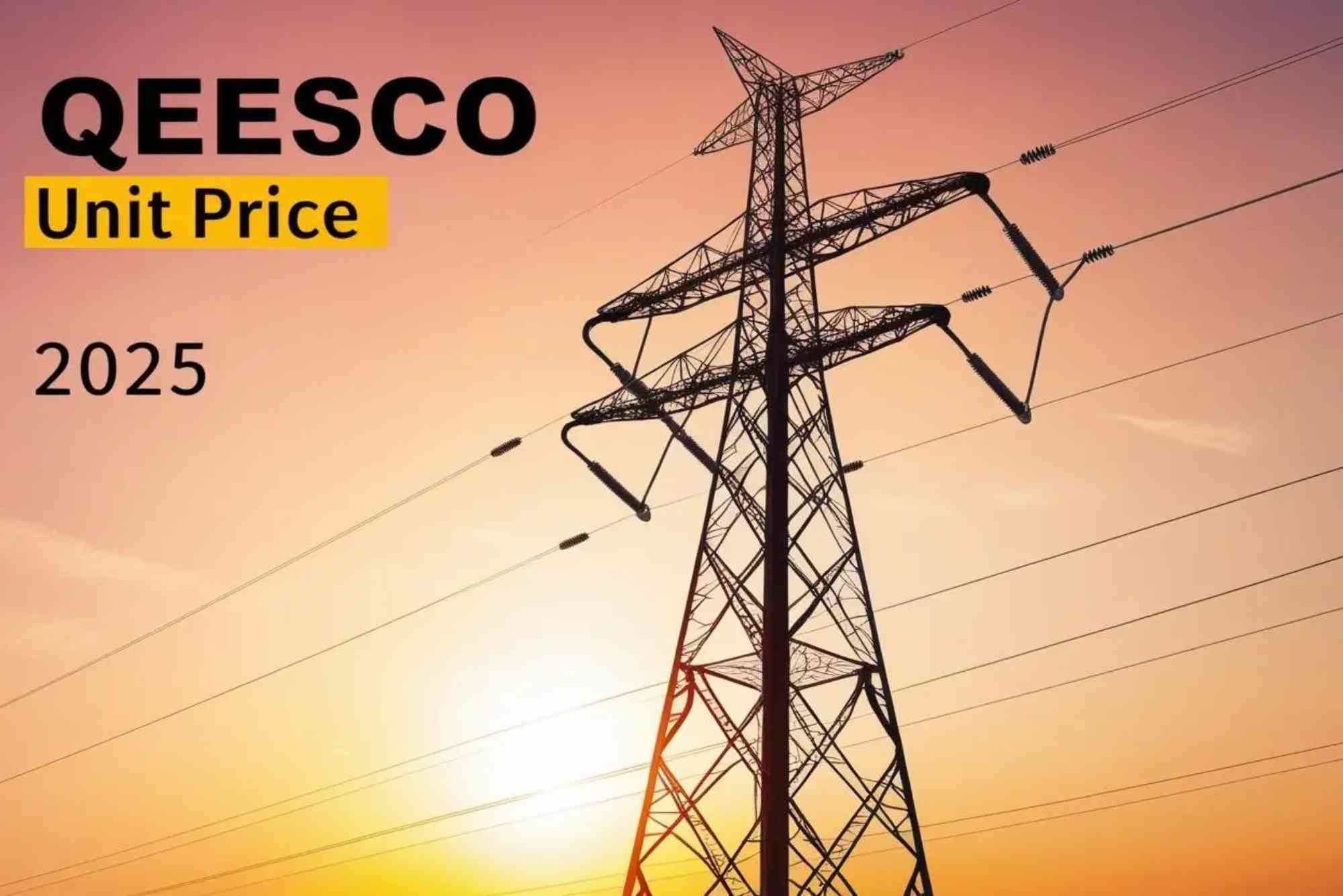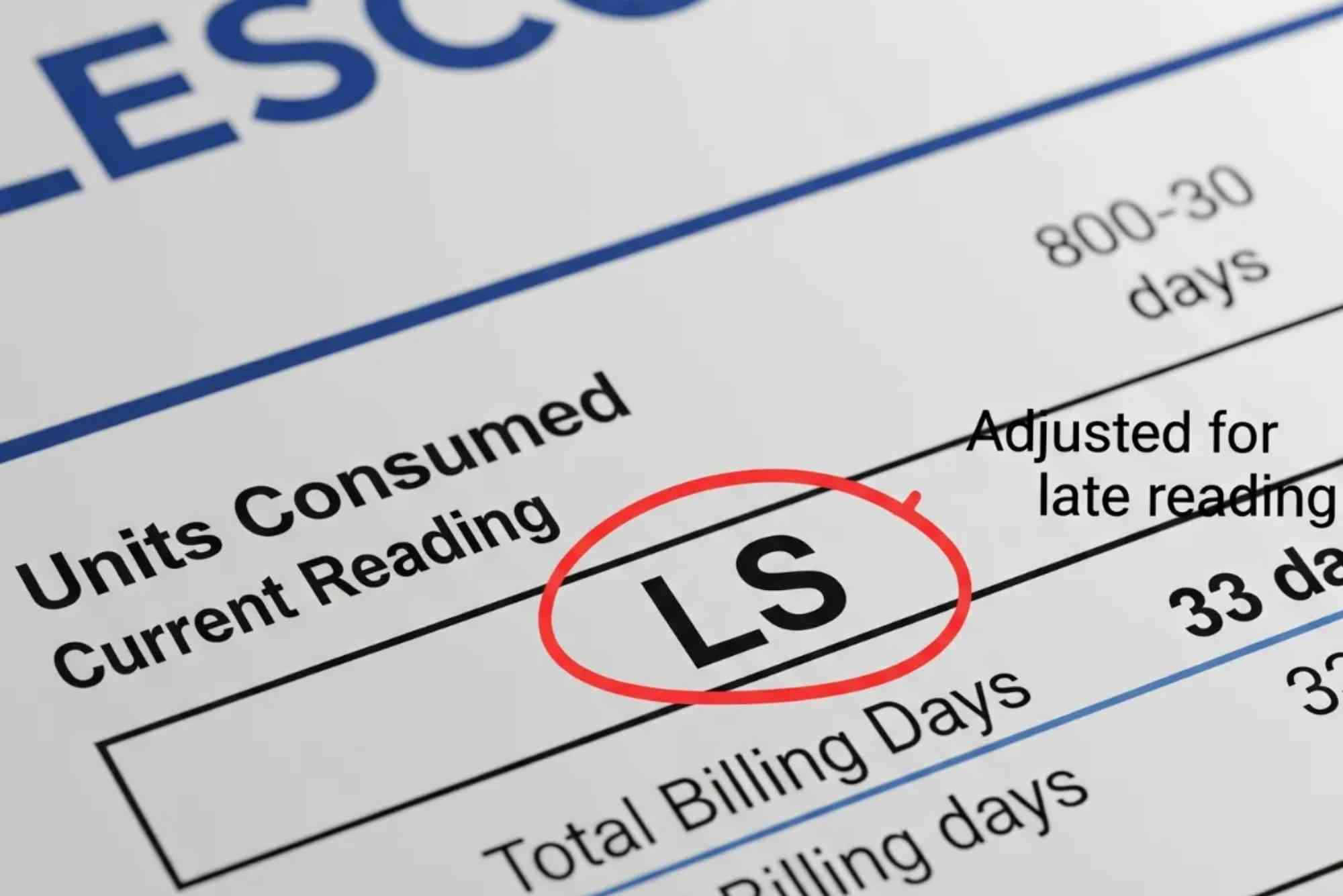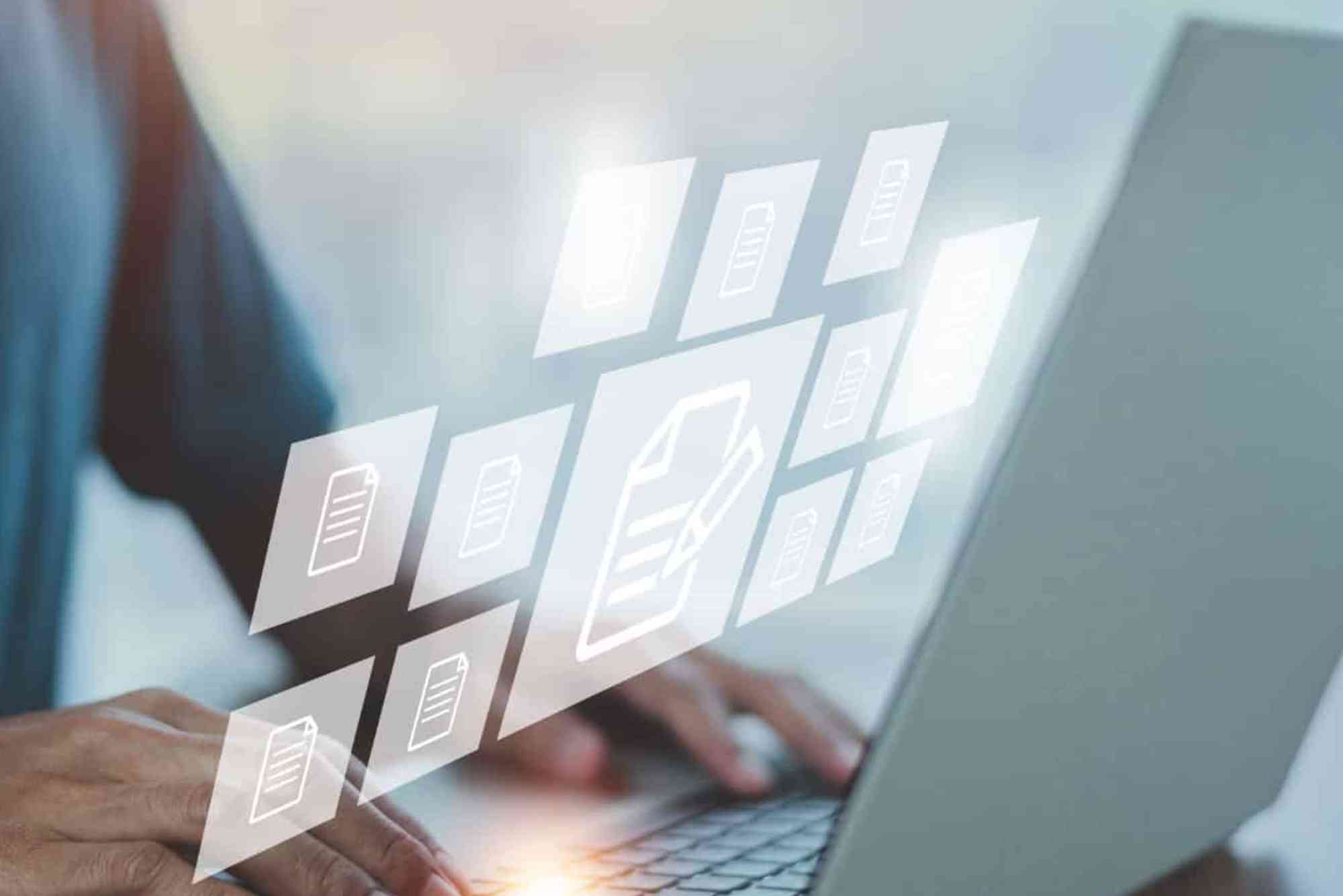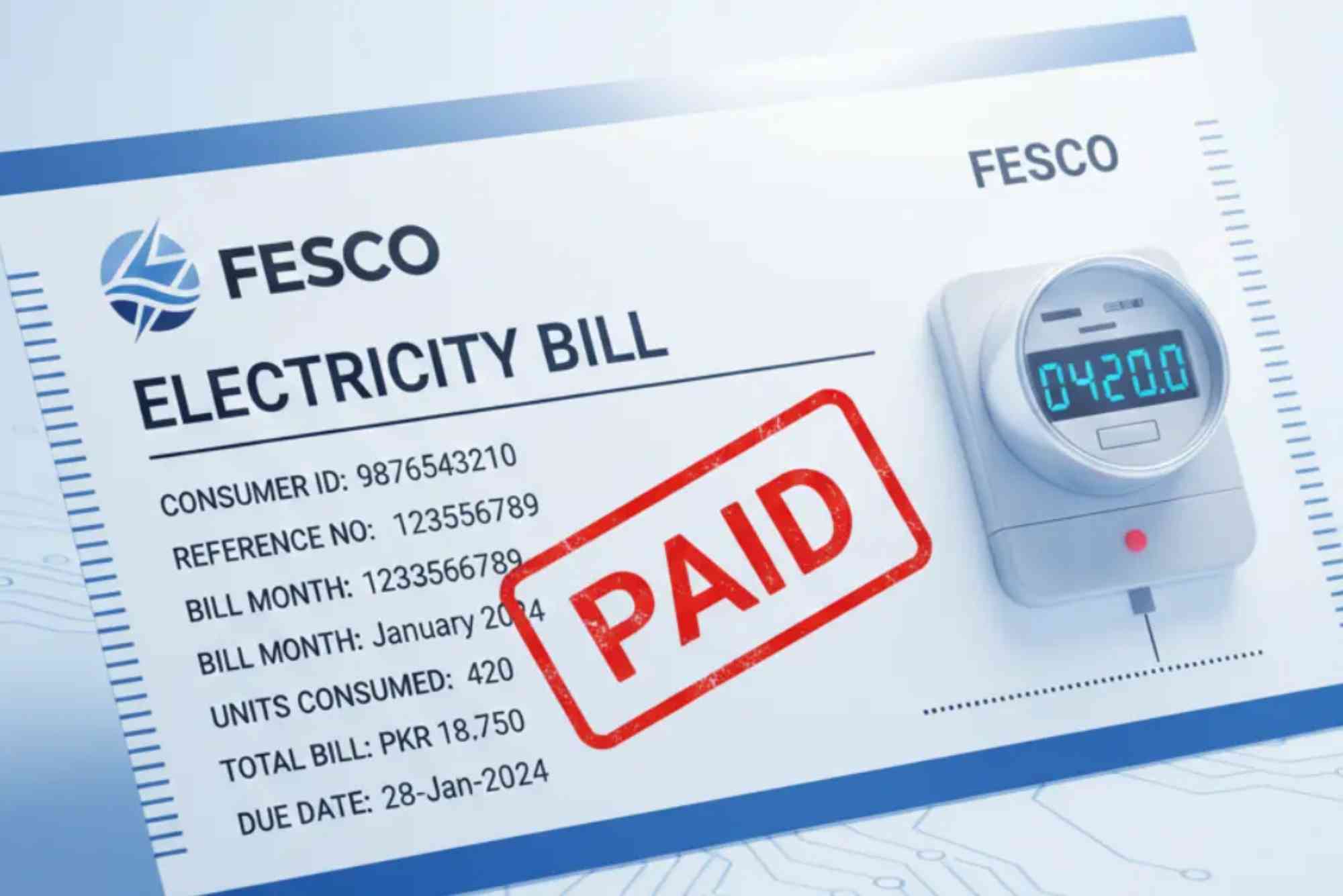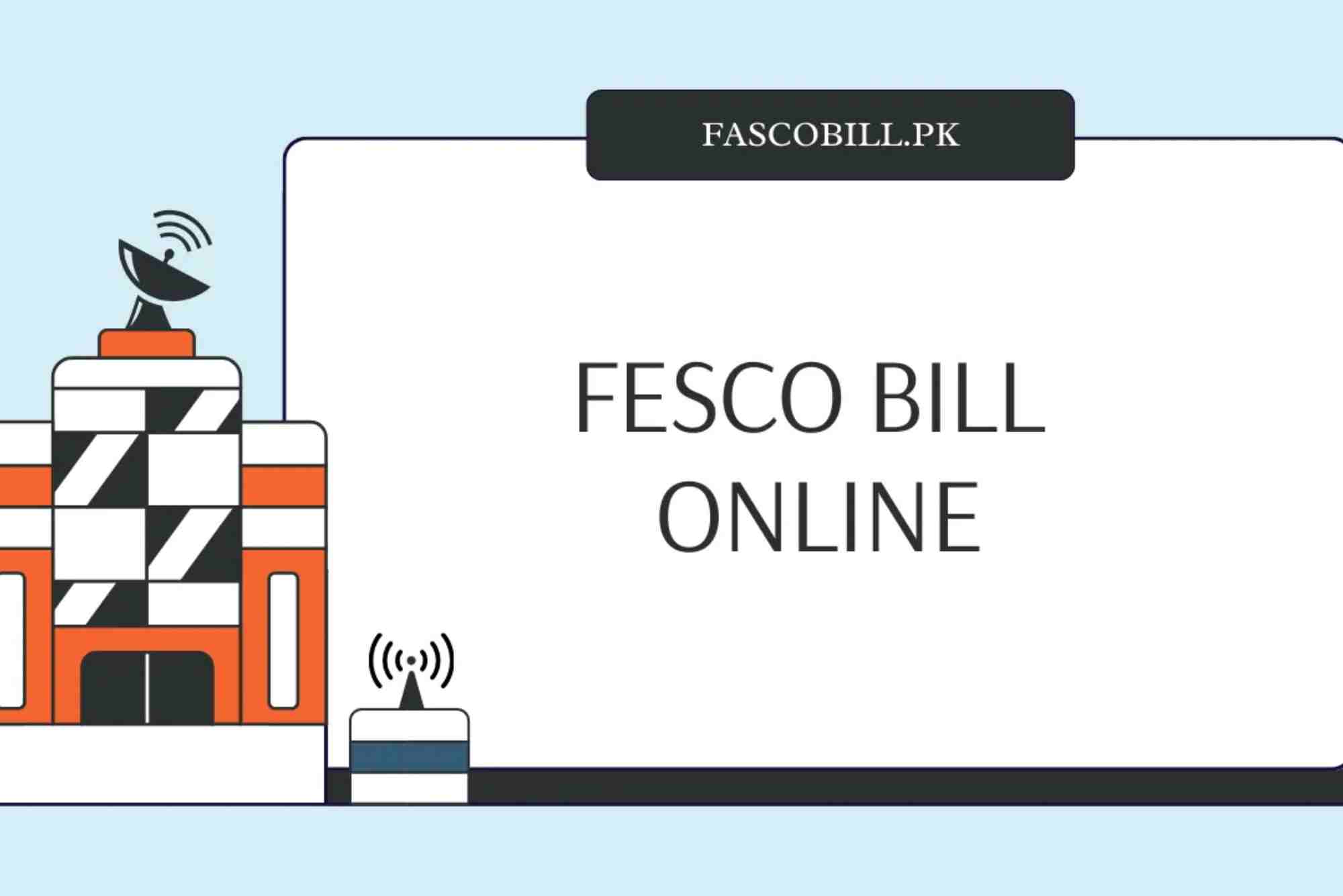Complete Guide to FESCO GST
Electricity bills in Pakistan often include different taxes, one of the most important being the FESCO GST. Many customers wonder why GST is added, how it is calculated, and whether it is possible to manage or reduce it. Understanding FESCO GST is essential for every electricity consumer under Faisalabad Electric Supply Company (FESCO).
In this guide, we will explain what FESCO GST means, why it is charged, how it is calculated, and what steps consumers can take to keep track of their bills. We will also cover frequently asked questions and provide useful resources for FESCO customers.
What is FESCO GST?
FESCO GST stands for the General Sales Tax included in electricity bills issued by Faisalabad Electric Supply Company. GST is a consumption tax levied by the government and collected through electricity bills. It is charged on the cost of electricity consumed by residential, commercial, and industrial consumers.
The GST in FESCO bills is directly forwarded to the government, not retained by FESCO. Its purpose is to generate revenue for state expenditures, infrastructure, and development projects.
Why is FESCO GST Important for Consumers?
Understanding FESCO GST is important because it directly affects your monthly expenses. Many consumers are unaware of how this tax is applied and often mistake it as an extra charge by FESCO. Knowing its importance helps you:
- Understand your bill breakdown
- Avoid confusion about extra charges
- Stay compliant with government tax policies
- Plan monthly budgets more effectively
How is FESCO GST Calculated?
The FESCO GST is calculated as a percentage of the cost of electricity consumed. The government determines this percentage, and it is applied uniformly across all electricity distribution companies in Pakistan.
For example:
- If your electricity bill (excluding taxes) is PKR 5,000, and the GST rate is 17%, you will pay PKR 850 as GST.
- Your total payable amount becomes PKR 5,850.
This calculation method ensures transparency and uniformity across all bills.
Components of FESCO Bill Including GST
When you receive a FESCO electricity bill, several charges appear in addition to GST. These may include:
- Cost of electricity consumed (based on units)
- Fuel price adjustment (if applicable)
- Electricity duty
- GST (General Sales Tax)
- TV license fee (for residential consumers)
- Other surcharges
GST is one of the largest contributors to the overall tax portion of your bill.
Impact of FESCO GST on Different Consumers
Residential Consumers
For households, FESCO GST increases monthly electricity costs. The more units consumed, the higher the GST portion.
Commercial Consumers
Shops, offices, and small businesses pay a larger GST share since their consumption is usually higher.
Industrial Consumers
Factories and industries pay the highest FESCO GST due to bulk electricity usage, making it a significant expense in their operating costs.
How to Check FESCO GST in Your Bill
Every FESCO bill contains a separate line for GST. To view it:
- Look at the bill breakdown section.
- Find the line labeled GST.
- Compare it against your total bill to see its percentage.
If you want to verify your bill and GST charges anytime, you can use the FESCO Online Bill Check tool.
For customers who want to check bills from other distribution companies in Pakistan, there is also a general Online Bill Check option.
Legal and Policy Basis of FESCO GST
The GST charged in FESCO bills is regulated under national taxation laws. It is standardized across all power distribution companies, which means whether you are in Faisalabad, Lahore, or Karachi, the GST rate remains the same. This ensures fairness in taxation.
The Federal Board of Revenue (FBR) oversees GST regulations, while FESCO implements them in its billing system.
Ways to Manage FESCO GST Burden
Although you cannot avoid GST, you can manage its impact by reducing your electricity usage. Here are some practical steps:
Energy-Saving Practices
- Use energy-efficient appliances
- Turn off unnecessary lights and fans
- Switch to LED bulbs
- Limit air conditioner usage
Load Management
- Avoid running multiple heavy appliances at once
- Use peak and off-peak hours wisely
Renewable Energy Options
- Consider installing solar panels to reduce dependency on grid electricity and lower GST burden
Frequently Asked Questions (FAQs)
What is GST in FESCO bills?
GST is the General Sales Tax charged by the government on electricity bills issued by FESCO.
How much GST is applied to electricity bills?
The standard GST rate on electricity bills is 17%, though it may change based on government policies.
Can GST be removed from FESCO bills?
No, GST is a mandatory government tax, and it cannot be removed or waived by FESCO.
Does GST apply to all consumers?
Yes, GST applies to residential, commercial, and industrial consumers, though the amount depends on consumption.
How can I reduce my GST charges?
By lowering your electricity consumption, you automatically reduce the GST amount since it is charged as a percentage of usage.
Where can I check my FESCO bill online?
You can check your bill and GST details anytime through the FESCO Online Bill Check tool.
The FESCO GST is a government-imposed tax included in every electricity bill issued by Faisalabad Electric Supply Company. While many consumers view it as an additional burden, it is actually a standard sales tax applied nationwide. Understanding how GST is calculated and where it appears on your bill helps you stay informed and plan your expenses wisely.
By practicing energy efficiency, using online tools to track your bills, and staying updated on government tax policies, you can manage your electricity costs better.
Take control of your electricity expenses today. Use the FESCO Online Bill Check service to verify your GST charges and stay ahead of your billing cycle.

